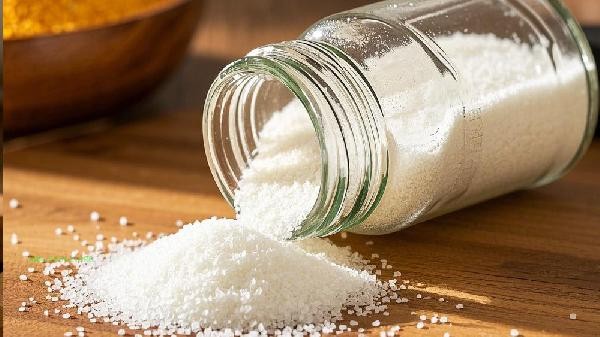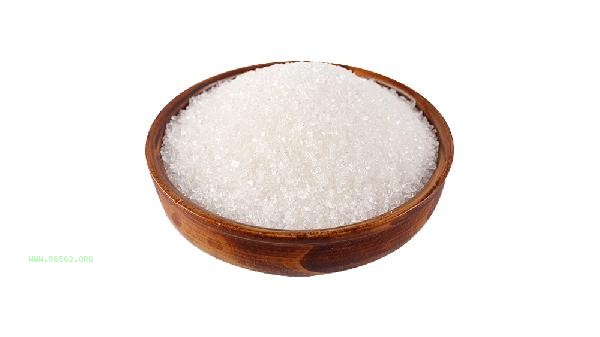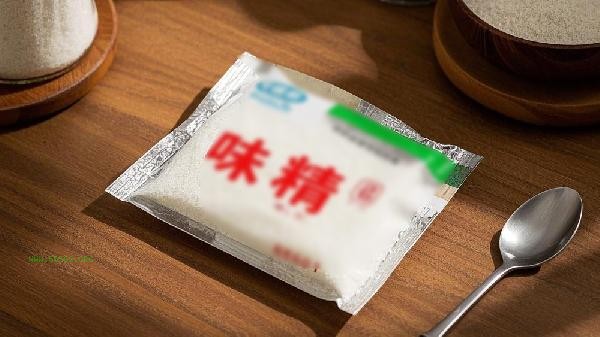Monosodium glutamate is a common food flavoring agent, mainly used to enhance the freshness of food and improve the taste of dishes. The main component of monosodium glutamate is monosodium glutamate, which can stimulate the taste buds and enhance the flavor of food. MSG is widely used in cooking, especially for dishes that require freshness such as soups, stir fried dishes, stews, etc. Moderate use of monosodium glutamate can compensate for the lack of freshness in the ingredients themselves, making the dishes more delicious. Sodium glutamate itself is a naturally occurring amino acid that can also be metabolized by the human body. Normal use will not have a significant impact on health. The freshness enhancing effect of monosodium glutamate is significant, and a small amount can achieve the desired effect. Overuse may actually affect the original flavor of the food.

Some people may be sensitive to monosodium glutamate and experience discomfort such as dry mouth and headache after consumption. Such situations should be reduced or avoided. Monosodium glutamate is not suitable for long-term heating at high temperatures, as it may produce sodium pyroglutamate, which affects the freshness effect. Attention should be paid to the use of monosodium glutamate in infant and toddler food, as well as in the diet of patients with special illnesses, to avoid unnecessary risks.

The amount of monosodium glutamate should be reasonably controlled in daily diet, and natural ingredients such as mushrooms and seaweed should be prioritized for freshness extraction. Maintaining a diverse diet and reducing dependence on seasonings can help cultivate healthy eating habits. When cooking, pay attention to the combination of heat and seasonings, which can ensure the deliciousness of the dish and balance nutrition.










Comments (0)
Leave a Comment
No comments yet
Be the first to share your thoughts!